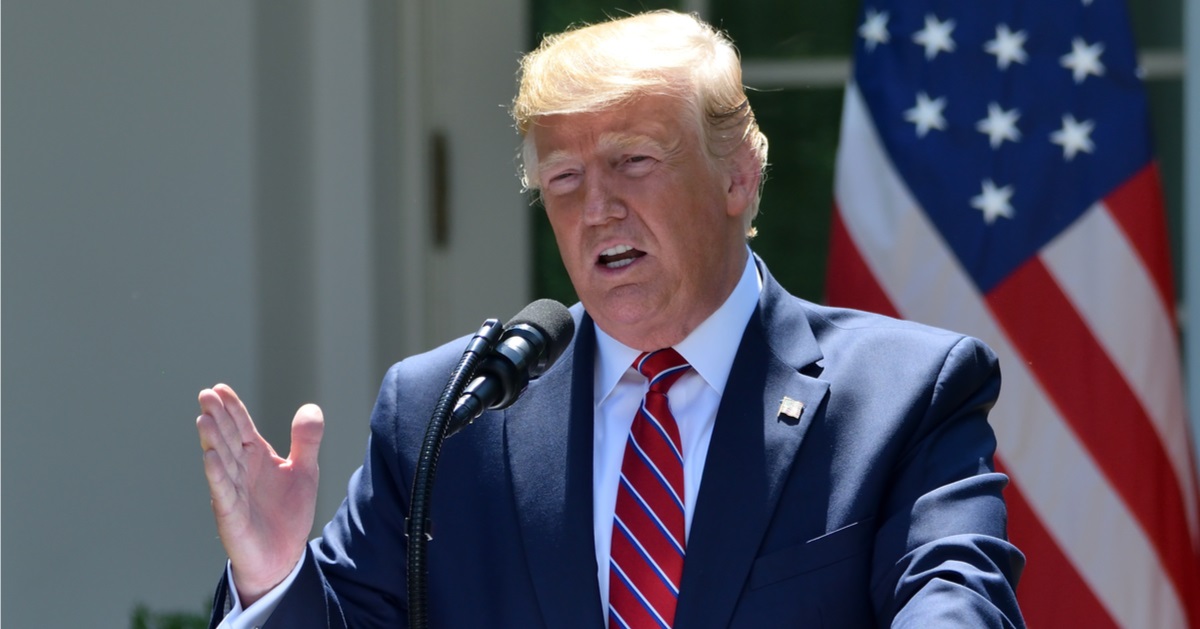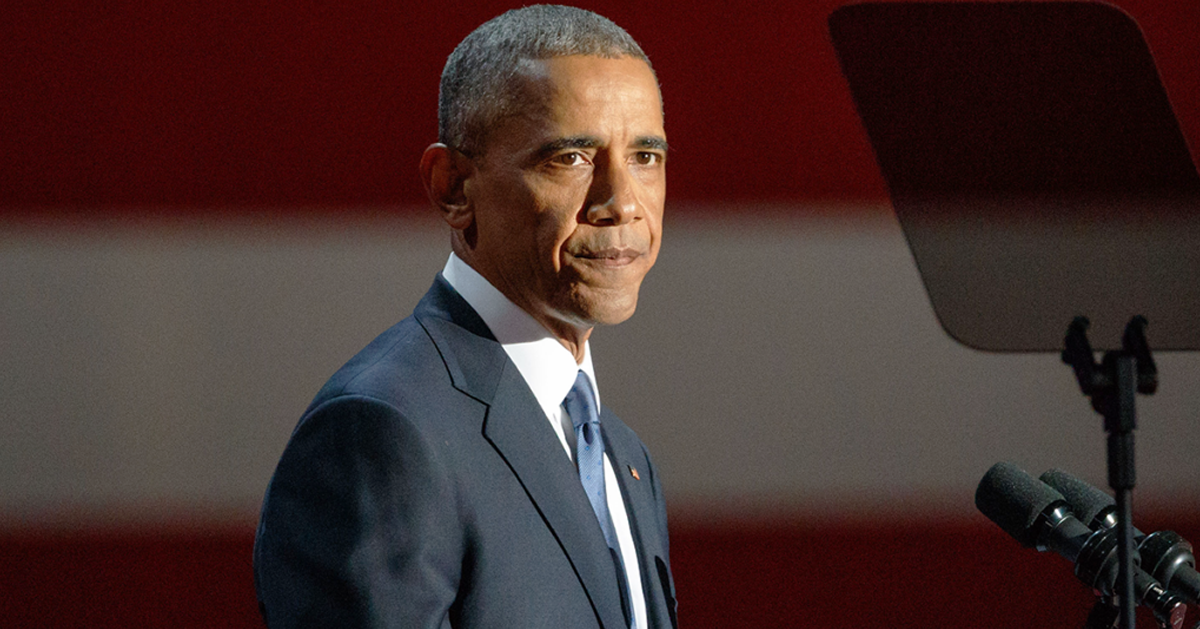Senate passes two bills aimed at protecting U.S. funds and data from China
There is a broad and bipartisan consensus on Capitol Hill that the communist regime in China, more so than any other nation, poses the biggest national security threat to the United States.
This past week, the Senate passed two pieces of legislation with bipartisan support that are intended to address the potential risks posed by China, according to the Daily Caller.
Both the "FIGHT China Act" and the "Bio-Secure Act" were included in the annual National Defense Authorization Act, which passed Thursday evening and would provide upwards of $879 billion in defense funding, if signed into law by President Donald Trump.
Preventing U.S. funds from aiding China's military
Sen. John Cornyn (R-TX), along with more than a dozen Republican and Democratic colleagues, introduced the Foreign Investment Guardrails to Help Thwart China, or FIGHT China Act, to attempt to stop U.S. funds and certain technical expertise from aiding the Chinese regime.
In a statement, Cornyn said, "The need to address capital flowing from the U.S. to the People’s Republic of China was realized during the first Trump administration, and the FIGHT China Act presents a generational opportunity to confront the threat China poses to our national and economic security."
This landmark legislation would prohibit and require notification of U.S. investments in certain technologies in China, ensuring American ingenuity, innovation, and investment do not end up in the hands of the Chinese Communist Party to be weaponized against us," the Texas senator continued.
He added, "I’m proud the FIGHT China Act has received support in the Senate as part of our annual defense bill, and I look forward to it being included in the final version that heads to President Trump’s desk to become the law of the land."
Protecting Americans' genetic data from China
Meanwhile, Sen. Bill Hagerty (R-TN), along with several other senators from both parties, introduced the Bio-Secure Act, which is intended to prohibit federal contracts and U.S. genetic data and bio-technologies from aiding the communist regime in Beijing.
In an X post, Hagerty shared a video clip of his speech on the Senate floor in support of the legislation, during which he explained that the bill "ensures the federal government cannot buy from, contract with, or subsidize CCP-controlled biotech firms that put at risk the DNA of American citizens and the security of the United States."
Similarly, he wrote in the post, "The Biosecure Act prevents Americans’ tax dollars and genetic data from flowing to companies working with the Chinese Military. We must ensure that the Chinese Communist Party’s malign biotechnology activities are not funding or enabled by the U.S. government."
"This Act protects Americans’ genetic data from Communist China-directed companies," he added. "It’s critical that we ensure sensitive medical data of Americans does not transfer back to China for malicious or unknown purposes."
Bills passed by both chambers
The Federal News Network reported that the NDAA for Fiscal Year 2026 was passed on Thursday with a vote of 77-20, and included dozens of amendments, including the two listed above, that were put forward by senators from both parties.
That comes roughly one month after the House, in a largely partisan vote of 231-196, passed its own NDAA to fund the military for the next year, according to Politico.
The Daily Caller noted that the Armed Services Committees for both chambers will now get together and try to quickly reconcile any differences between the two bills, so that President Trump can sign the joint product into law.




